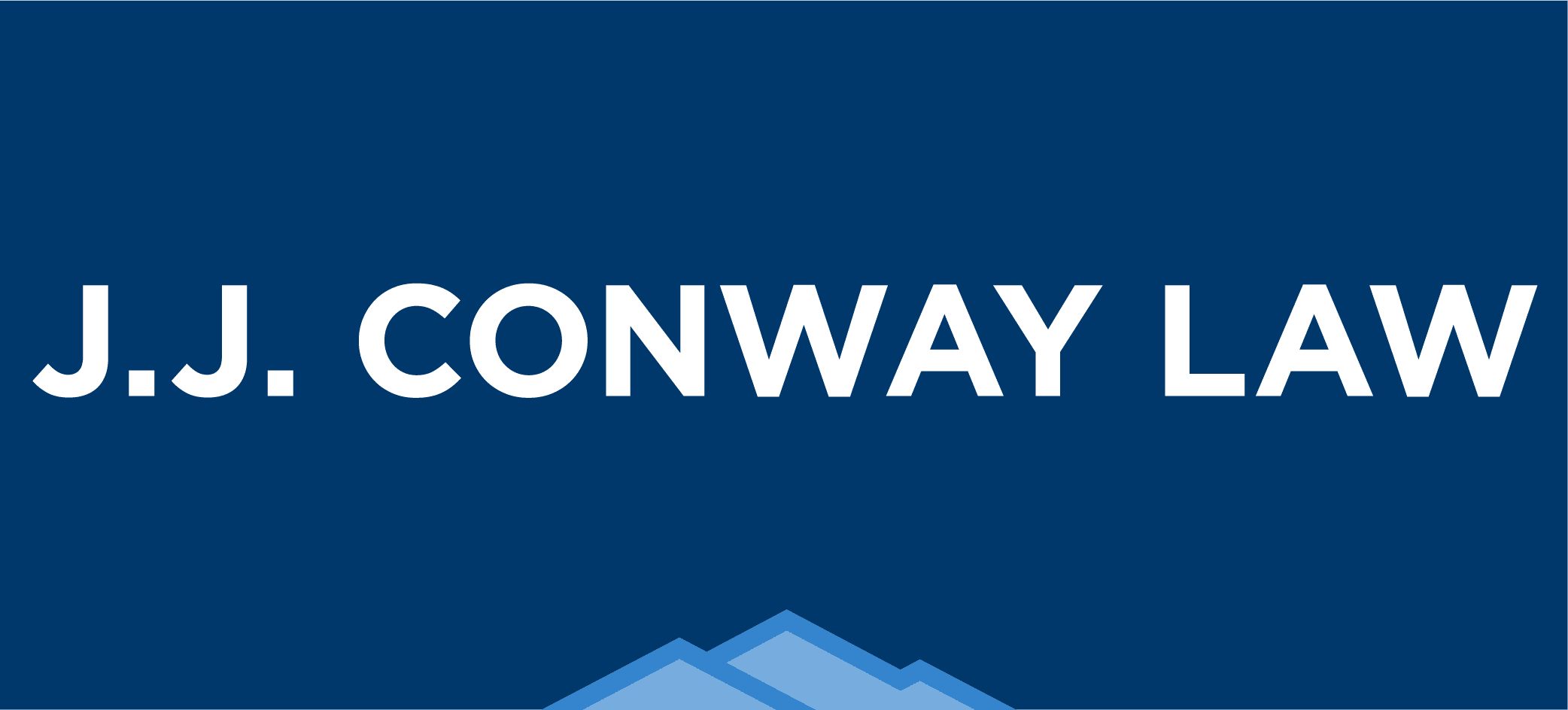SIXTH CIRCUIT KILLS ERISA LTD CLAIM FOR FAILING TO FILE A BENEFITS APPLICATION

The typical scenario in a benefits claim works something like this: An employee becomes ill or injured. An employee takes a medical leave of absence. If the employer has sponsored a disability program, a claim for benefits is filed. If there is a short-term disability plan, that benefit program may or may not be ERISA-qualified. If the condition continues past the short-term period, then a claim would normally be expected to transition into a long-term disability claim. Often, the short-term disability claims administrator is also the administrator (and perhaps the insurer) for the long-term program.
In practice, however, the rules and regulations applicable to disability claims tend to complicate matters. If, for example, the short-term disability claim is denied or prematurely terminated, an appeal period is triggered. The appeal period runs 180 days, which can overlap with the commencement of the long-term disability coverage.
This is where trouble can start.
Sometimes a plan is written so there is a seamless transition from short-term to long-term disability. The long-term disability benefit period will not start until the short-term benefit claim has been exhausted or paid out in full. In other words, the filing of the short-term application will preserve an employee’s right to long-term disability benefits. Sometimes, an application must be filed, regardless.
That is what the disability claimant in Kennedy v. Life Ins. Co. of North America, 718 Fed. Appx. 409, 410 (6th Cir. 2018) found out, the hard way, in a recent Sixth Circuit Court of Appeals decision. In Kennedy, the claimant was receiving short-term disability benefits but had yet to file a claim for long-term disability benefits. According to the Court, “the first time” long-term disability was ever mentioned was in a demand letter, not an application. As a consequence, in a terse opinion, the Court affirmed the claim’s dismissal. Writing for the majority, Judge Thapar wrote:
The district court was right: Kennedy never applied for long-term benefits. The first time he even mentioned long-term benefits was in his attorney’s letters—both of which came long after any such claim was due under the plan’s terms. Kennedy, therefore, failed to exhaust LINA’s administrative process.” Id. (citing Garst v. Wal-Mart Stores, Inc., 30 Fed. Appx. 585, 593 (6th Cir. 2002)).
Bottom line: always file the long-term disability application or secure a written confirmation from the plan that the long-term disability claim is preserved while the short-term claim is being evaluated or appealed.

